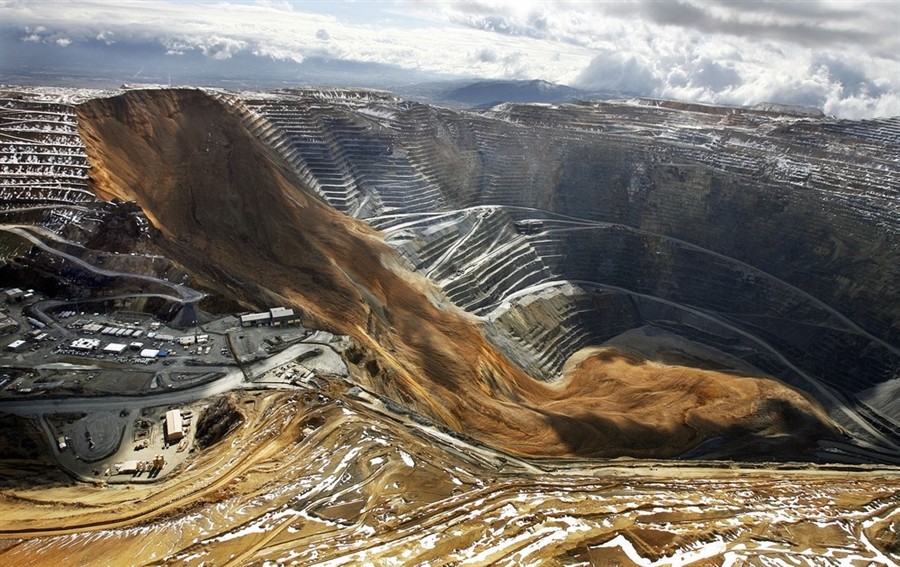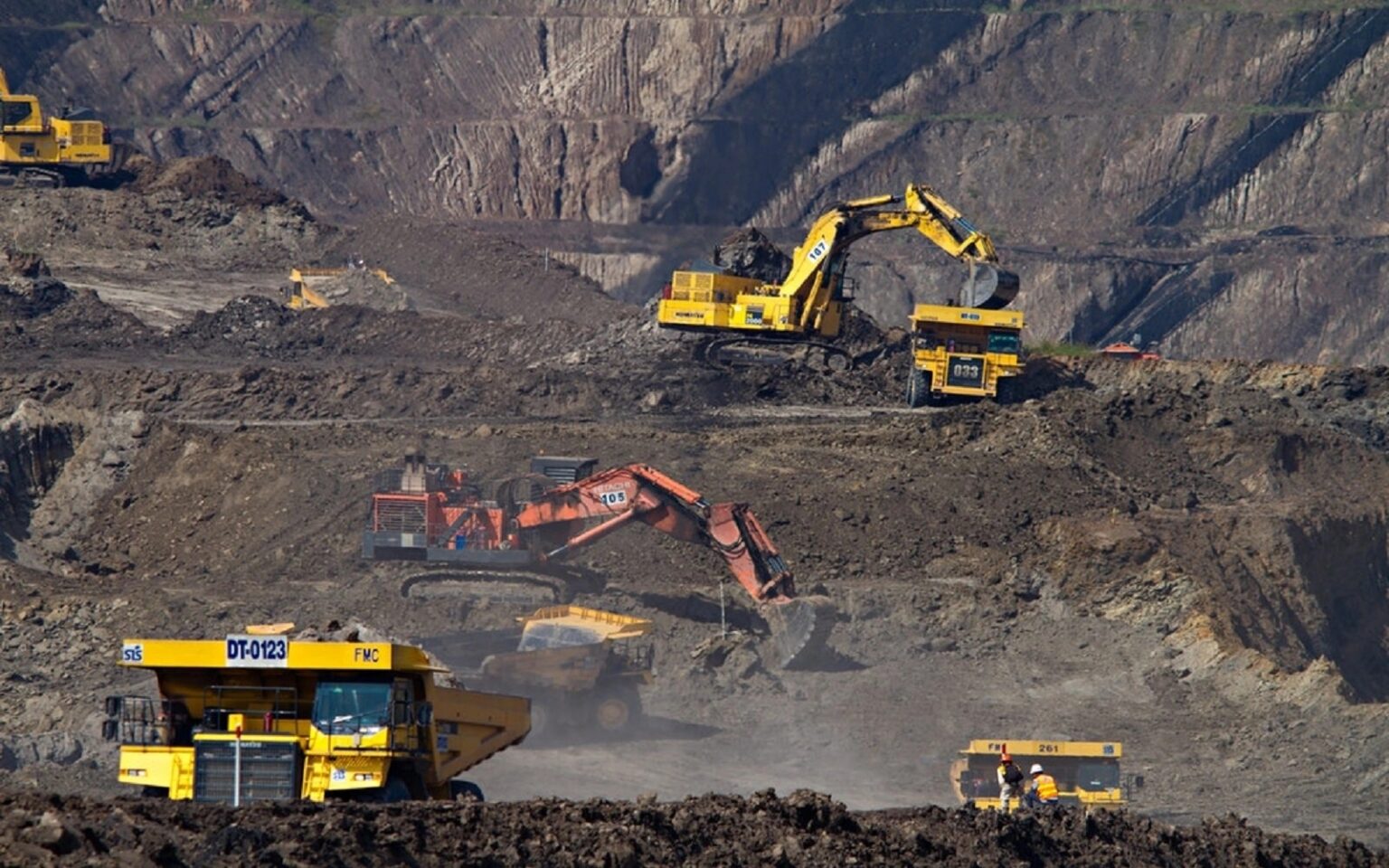Given Nigeria’s historical reliance on oil, the mining industry has historically contributed very little to the nation’s GDP. Recent data, however, indicates that mining is gradually emerging as a crucial element of Nigeria’s plan for economic diversification. The National Bureau of Statistics (NBS) reports that in 2021, the mining industry made for around 0.33% of the country’s GDP. Even though this number seems modest, it represents consistent improvement, especially given that the sector’s contribution was less than 0.2% only a few years ago.

Through initiatives to enhance infrastructure, regulatory frameworks, and transparency, the Nigerian government has stepped up its efforts to expand the mining sector. Offering tax breaks and investment incentives is one of the primary tactics to promote both domestic and foreign incentives for investment to promote both domestic and international mining activity. The Ministry of Mines and Steel Development (MMSD) granted more than 2,700 mining permits in 2020, a 40% rise from the previous year. More activity in the industry is indicated by this increase in licensing, which raises output and, as a result, contributes more significantly to GDP.
Given the rate of development, analysts predict that during the next ten years, mining might contribute more than 3% of Nigeria’s GDP. Given Nigeria’s wealth of mineral resources, which include gold, zinc, tin, lead, and limestone, this would be a huge boost for the nation. In an effort to diversify the country’s economy away from oil, the government has set high goals for mining in an effort to draw in a sizable amount of foreign direct investment (FDI) and enhance the capacity for production.
The mining industry has the potential to become one of Nigeria’s main engines of economic growth, greatly increasing its GDP contribution over time, provided the country keeps building infrastructure and fosters an atmosphere that is favourable to investors.


